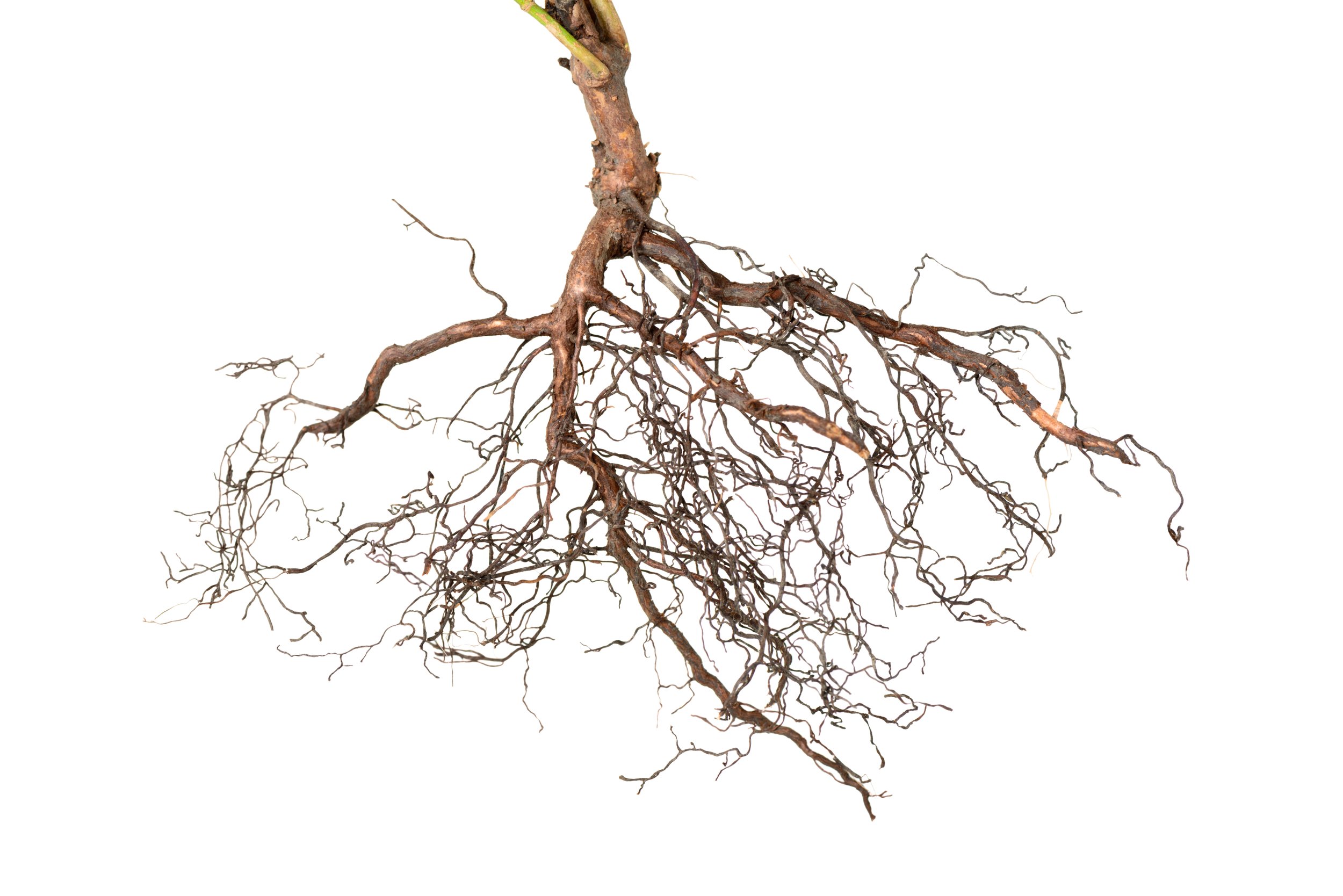
“If we were to wipe out insects alone, the rest of life and humanity would mostly disappear from the land. Within a few months.”
-E. O. Wilson
Endangered pollinators are converging on urban areas and into our backyard gardens. Sadly, we can’t rely on garden centers for chemical-free plants. A 2022 study confirmed that every plant tested (235 of them) were treated with harmful pesticides - even those advertised as ‘save the pollinators.
Shifting to an urgent solution to this enormous blow we’re seeing a grassroots movement to deliver chemical-free mature plants divided for transplantation. This nonprofit is looking to amplify this organically emerging solution. Plants divided from mature mother plants provide; urgent pollen (unlike 2-3 year delays when planting seeds), strong roots more likely to survive, and healthy soil adding to biodiversity. These sources are also free from plastic, and energy depletion used in greenhouse growing.
Our goal: If we add 100,000 chemical-free plants in 2024, with each plant being divided into three each subsequent year we can plant 17,900,000 by 2029. If we can effectively coordinate amongst ourselves, this can shift the odds during this critical period.
How can you get involved?
If you already have chemical-free native plants, you can join the organically growing movement of people like you who are sharing native flowers with friends and neighbors and/or posting them on sites social sites like marketplace. In an effort to track the success of transplanting chemical-free pollen sources, we’re using iNaturalist to track sources and critical observations that will contribute to species rehabilitation.
If you have native plants you’d like us to divide, transplant, and relocate in a key location critical to an endangered species habitat please schedule online.
If you have a spot for a native plant (or many) and you’d like to join our mother plant initiative please sign up. There will be in an initial labor cost for installation, followed by two visits a year to divide and care for the plants. Native plants grow quickly, which is a deterrent for some who don’t want the burden of follow-up maintenance. Hopefully, this is a win-win for people who would rather off-load that burden to us.
If you’ve found the way to this page you’re likely aware of the challenges wildlife is facing; we’re losing 2% of insects per year. As a critical food source, the impacts of this loss are felt up food chains. Additionally, insects play critical roles in maintaining the health of our soil and water. Many environmentalists think we’re already too late to turn the tide.
Among environmentalists there are discussions around how to convey this dire warning without shutting people down and leading to inaction. What I’m about to convey will require some of you reading to push past your discomfort.
It’s a difficult reality to face but it’s also important to take a minute to appreciate the challenges we’ll face as we attempt support restoration.
A glimpse at the gambit: chemical companies embroiled in lawsuits implicating them in millions of deaths and ecocide but nonetheless still functioning with astounding profits, profit-blind nurseries and landscaping companies that are failing to protect the land they are in business to profit from, in some cases legal mandates to spray plants with chemicals for resale, land over-run by invasive species due to a couple centuries of neglect, limited labor and funding for non-profit organizations, agricultural soil degraded resulting in dependence on chemical interventions known to be a leading cause of our current mass extinction…It’s scary but all of this needs to be said because perhaps the biggest demon to slay is the cognitive dissonance we’ll have to barrel through in order to act fast enough. Many profit-blind or narrowly focused organizations are going about business as usual making it seem as if we’re not in a mass extinction event - we are.
The truth is that one should expect to uncover this level of disfunction and denial that has resulted in such a rapid decline in wildlife. Once we accept this harsh reality, we can peel it back far enough to find our path forward.
While others lobby for legal restrictions on big business contributing to the problem, our goal is to urgently provide chemical-free food sources for endangered insects and simultaneously regenerate the soil and roots that are the basis for all life. This is a triage effort aimed at providing islands of life. full of rich soil biodiversity, chemical-free removal options, and untreated plant sources.